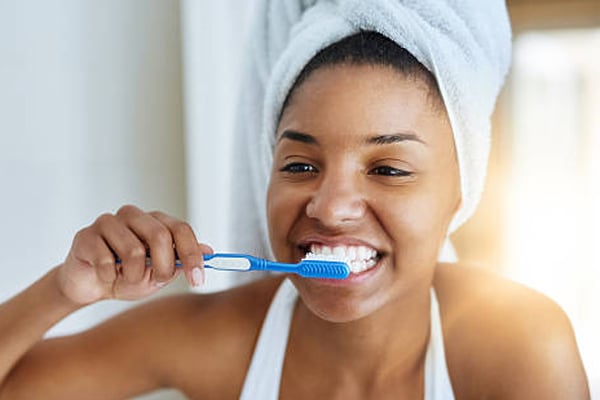Side effects of poor personal hygiene

What you need to know:
- Poor personal hygiene habits, however, can lead to some minor side effects, such as body odour and greasy skin. They can also lead to more troublesome or even serious issues.
Good personal hygiene habits are directly related to less illnesses and better health.
Poor personal hygiene habits, however, can lead to some minor side effects, such as body odour and greasy skin. They can also lead to more troublesome or even serious issues.
For example, if you do not wash your hands frequently, you can easily transfer germs and bacteria to your mouth or eyes. This can lead to any number of issues, from stomach viruses to pink eye.
Not brushing your teeth can lead to teeth issues and plaque buildup. Poor dental care is also a risk factor for several serious health issues, including heart disease.
Poor hygiene habits can also affect your self-esteem. Looking and feeling presentable can give you a confidence boost and a sense of pride in your appearance.
Other conditions such as scabies, pubic lice, head lice and diarrhoea may be prevented or the risk minimised by practising good personal hygiene.
Creating a personal hygiene routine
If you want to improve your personal hygiene or help a child develop better habits, these strategies might be helpful:
Set reminders
If you cannot remember to do things such as shower, wash your hair, clip your nails, or brush your teeth, set a reminder on your phone. The cue will push you to the activity, and over time, you will begin to do it yourself.
Use signs
Hang a reminder in the bathroom to wash your hands after using the toilet. Put a little sign by the plates or bowls in the kitchen to cue yourself to wash your hands before eating. These signs can help jog your memory and improve your habits. They can help both you and your children.
Practice makes perfect
It takes time to learn a new habit. Start with a new habit at the beginning of the week and make it your priority. Practice it for a week or two. When you feel comfortable with it, add a new one. Over time, you will establish the habits you wish to have.
Takeaway
Building good personal hygiene habits takes a lifetime of learning and honing. Caring for yourself in these manners is good for your physical health as well as your mental health. If you find it difficult to adapt to these practices, talk with your doctor or dentist.
Sometimes, explanations and demonstrations are a good jump-start for taking better care of yourself. This is especially true for children. A doctor can better explain the consequences of not caring for yourself, and a parent can use them as backup for building habits that will last a lifetime.
Source: healthline.com




